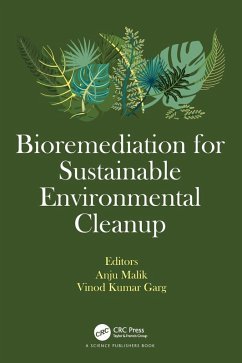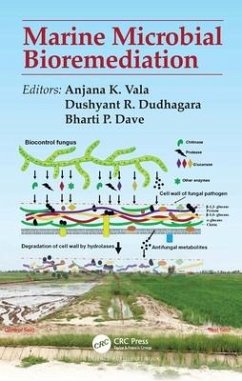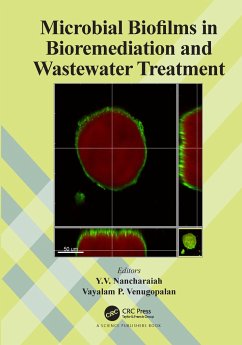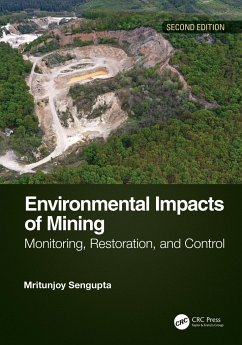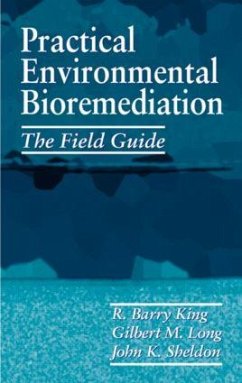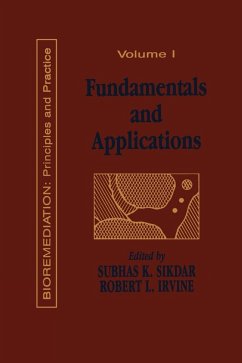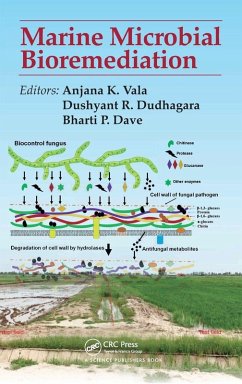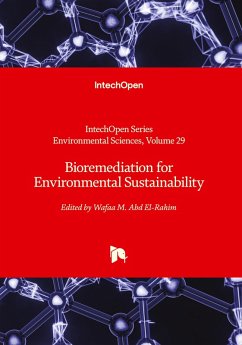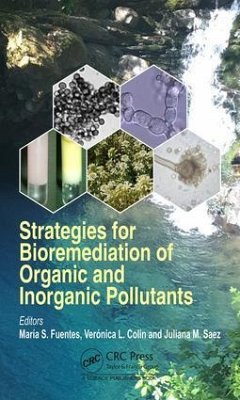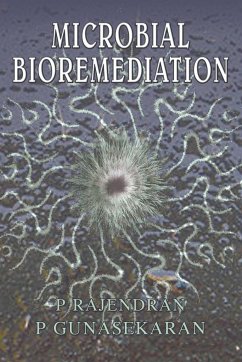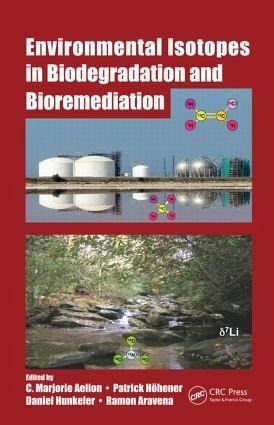
Environmental Isotopes in Biodegradation and Bioremediation
Versandkostenfrei!
Versandfertig in 1-2 Wochen
188,99 €
inkl. MwSt.

PAYBACK Punkte
94 °P sammeln!
The use of stable isotopes and naturally occurring radioisotopes continues to gain interest as a way to evaluate the origin and fate of naturally occurring substances and contaminants in the environment. This book covers basic principles of isotope methods, details the major environmental processes to which isotope methods can be applied, and provides comprehensive information on analytical and data evaluation procedures. Using a wide range of case studies from recent field applications, and laboratory research, the authors illustrate the concepts and methodologies of stable isotope and radioi...
The use of stable isotopes and naturally occurring radioisotopes continues to gain interest as a way to evaluate the origin and fate of naturally occurring substances and contaminants in the environment. This book covers basic principles of isotope methods, details the major environmental processes to which isotope methods can be applied, and provides comprehensive information on analytical and data evaluation procedures. Using a wide range of case studies from recent field applications, and laboratory research, the authors illustrate the concepts and methodologies of stable isotope and radioisotope tools. The book relates the method to various disciplines currently employing these approaches.





